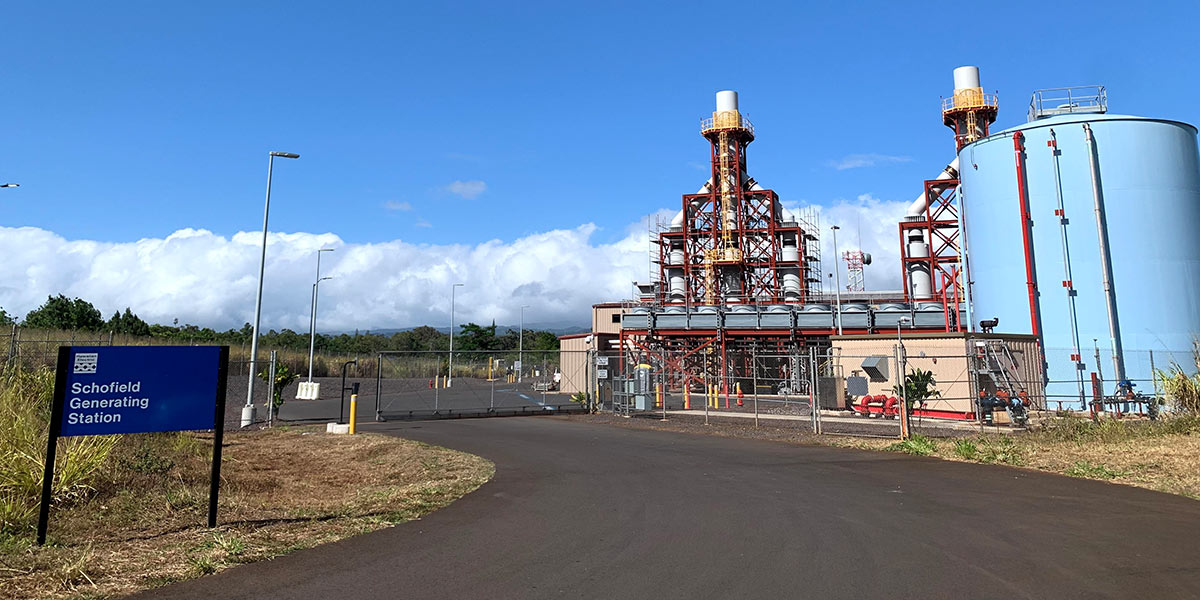Preparing Army Installations to Combat Climate Change and Extreme Weather Events - Energy Academic Group

Preparing Army Installations to Combat Climate Change and Extreme Weather Events
By Mr. J.E. “Jack” Surash, P.E., Senior Official Performing the Duties of the Assistant Secretary of the Army for Installations, Energy and Environment
The Army recognizes climate change as a growing global security threat. In line with the President and the Secretary of Defense's direction, we are prioritizing climate change considerations in our threat picture, strategic plans, operations, and infrastructure design. The Army Installations Strategy states, “Army installations exist within a natural environment increasingly characterized by the effects of climate change, extreme weather events, pandemics, and environmental degradation.” Therefore, installations must be resilient and prepared for energy disruptions caused by these threats.
Addressing climate change is an operational necessity and an opportunity for driving change. In recognition, the Army established the Army Climate Change Working Group (ACCWG) in March 2021 to support Executive Orders 14008 and 13990, and DoD’s efforts to assess the impacts of climate on security strategies, operations and infrastructure. Subsequent implementation of Army Directive 2020-08, helps drive Army priorities to address climate change, gain efficiencies and reduce demand and climate harms.
The Army launched the Climate Assessment Tool (ACAT), developed by the U.S. Army Corps of Engineers, to help installations identify climate-related threats that could degrade mission readiness. The ACAT, used by the Army’s U.S. installations, incorporates the latest actionable data and model results regarding climate change and extreme weather. The accompanying Army Climate Resilience Handbook serves as a guide for garrison planners to develop appropriate climate resilience measures.
Quarterly Newsletter
Surge is published quarterly by the Energy Academic Group and covers a divese range of energy-related topics. View archive

